Worcester, historically is the story of beginning America, growing thru the decades into a an industrial hotspot and then dying and then trying to make a comeback. What I have learned is the Salisbury family, one of the founding folks, was instrumental in making Worcester a diverse industrial city, then taking the profits they made and making Worcester culturally dynamic. They were instrumental in the early industry from stores, to factories and the seed for the Worcester Art Museum. There were 3 Salisbury all named Stephen. First was Stephen and then Stephen II and finally Stephen III.
First place I hit was the Bliss Building. This sits on Old Lincoln St. At one time this was a vibrant neighborhood, but the Bliss Building is really all that is left. Built in 1888, it has survived intact and still provides housing to Worcester residents. I am sure if the walls could talk (maybe they can) the stories would make a long running reality show on TV.
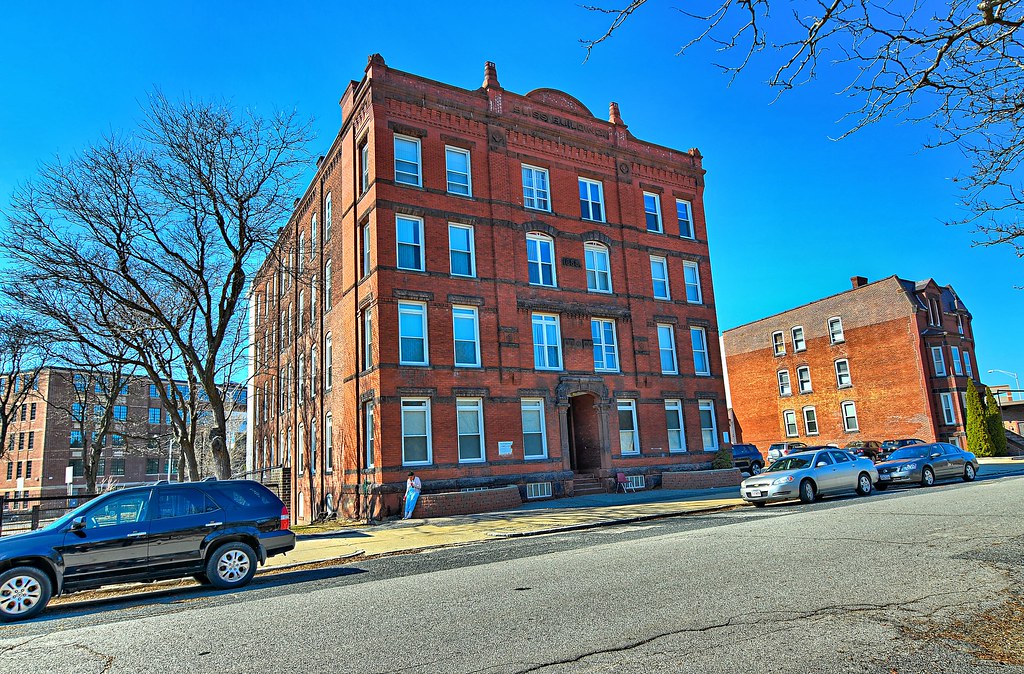
Next stop is the Salisbury Factory buildings. There is really nothing really special about these in their looks. Stephen III built these factories on the site of the Court Mills which the family had owned. Plain brick buildings except these were built specifically to rent out space versus putting his own industry in. The Munroe Organ Reed Company and Worcester Barbed Wire Fence Company occupied these early on. One was built in 1879 and the other 1882. These are located on Union St and sit at then end of an industrial area. These 2 buildings are what is left of the old Worcester. Modern buildings surround them.
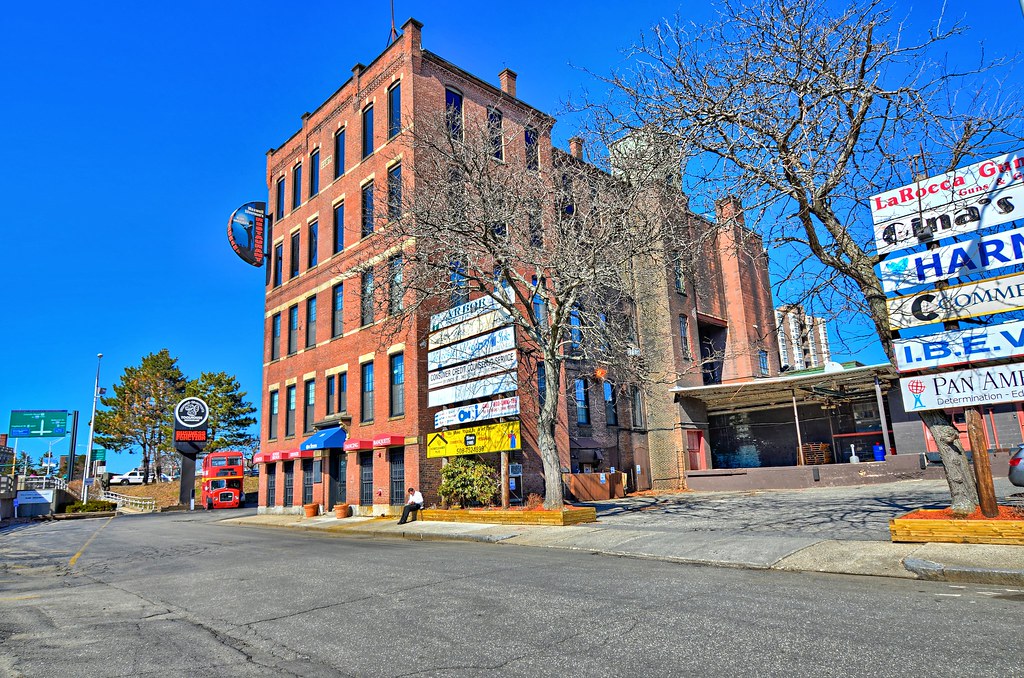
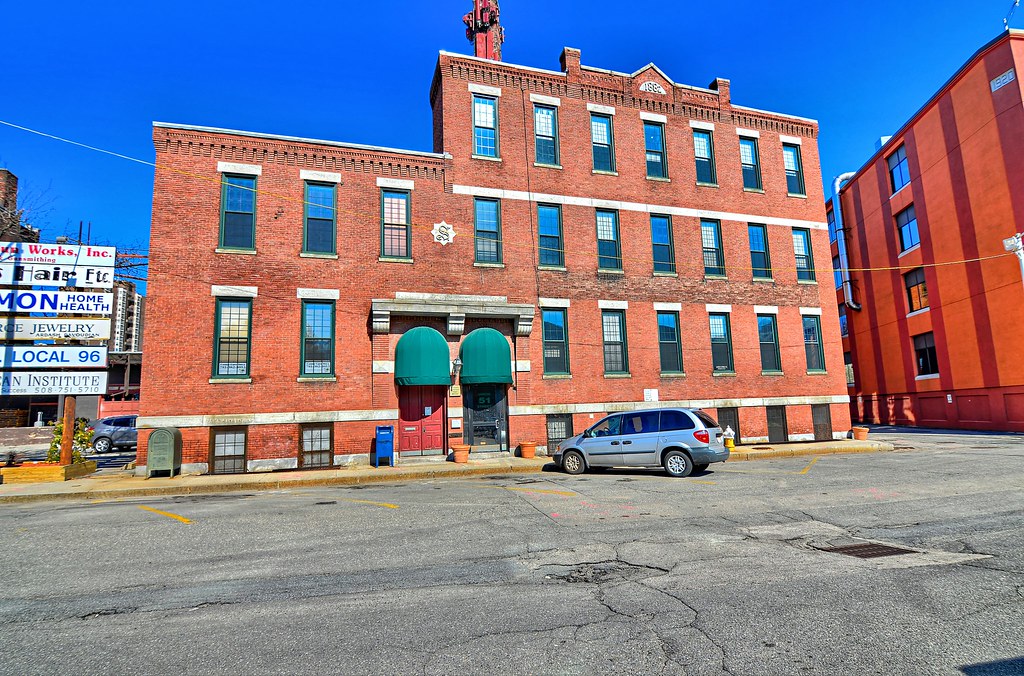
Back in the fall I photodocked Institutional Historic District, which covered the Old Court House to Memorial Hall, Art Museum area. The only place I left out was the Worcester Industrial Technical Institute (that's the historical name), so here it is.
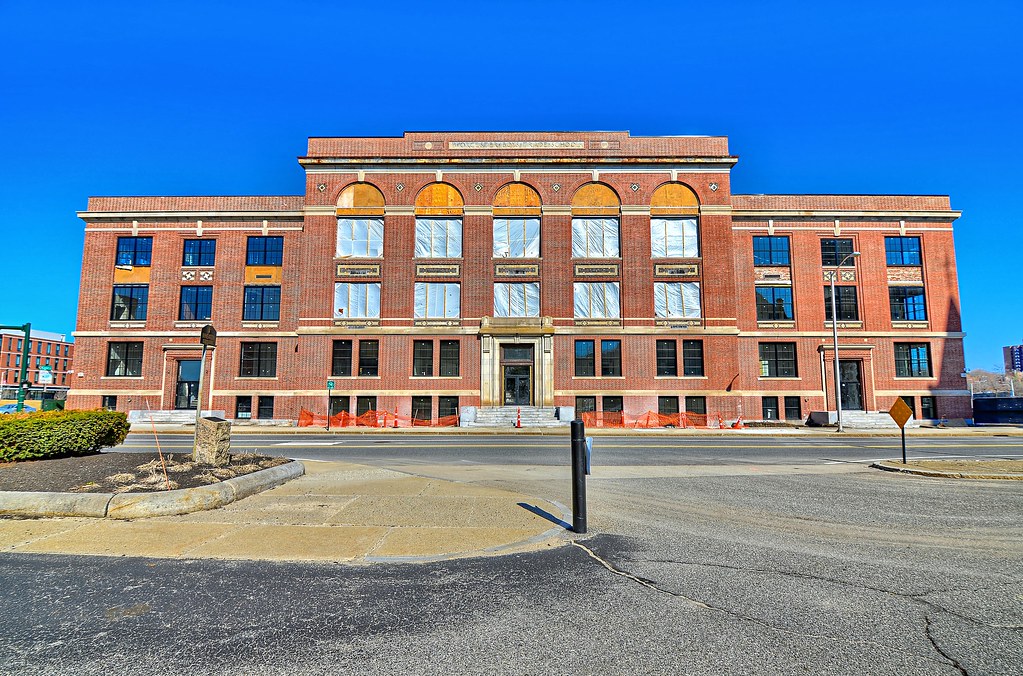
While I was tagging the school, I came across one of those white Mass Historical Markers. I quite a few of these and when I complete the NH ones I will then attack these.
Down Main St, just passed the old Court House the commercial area of Worcester begins. I grabbed 3 separately listed buildings on the NRHP.
Elwood Adams Hardware is the first brick building built in Worcester (1831. It was originally 2 1/2 stories. The first one built on this site was constructed in 1782. It just might be the oldest continuously run hardware store in the US.
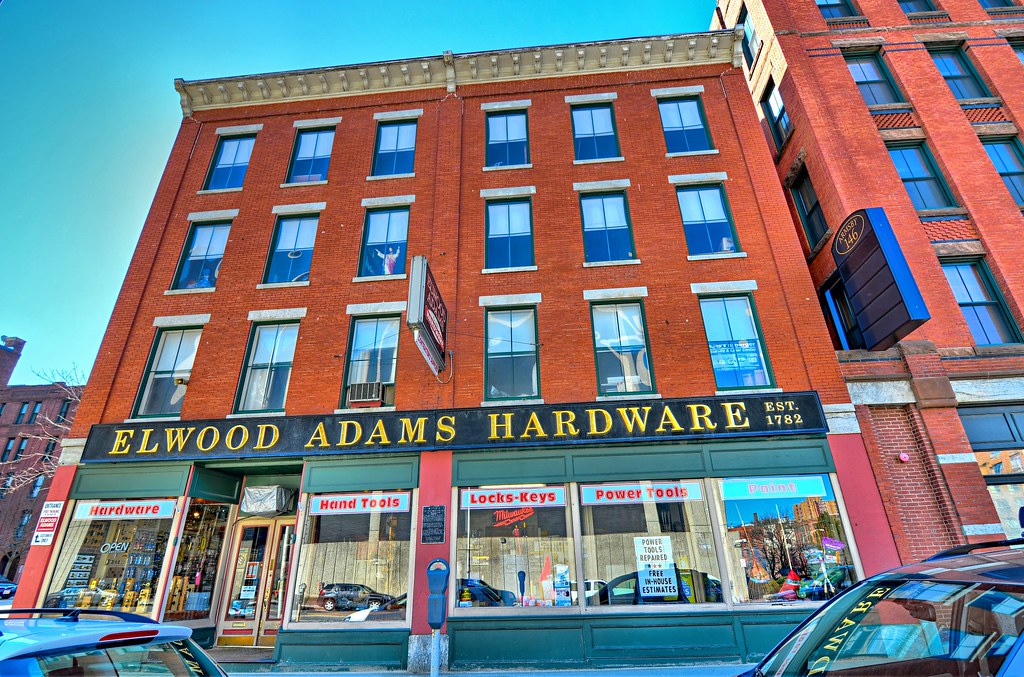
The Old State Mutual Building (1870)housed the 5th largest insurance company in the US. It is now the Worcester County Sheriff's headquarters.
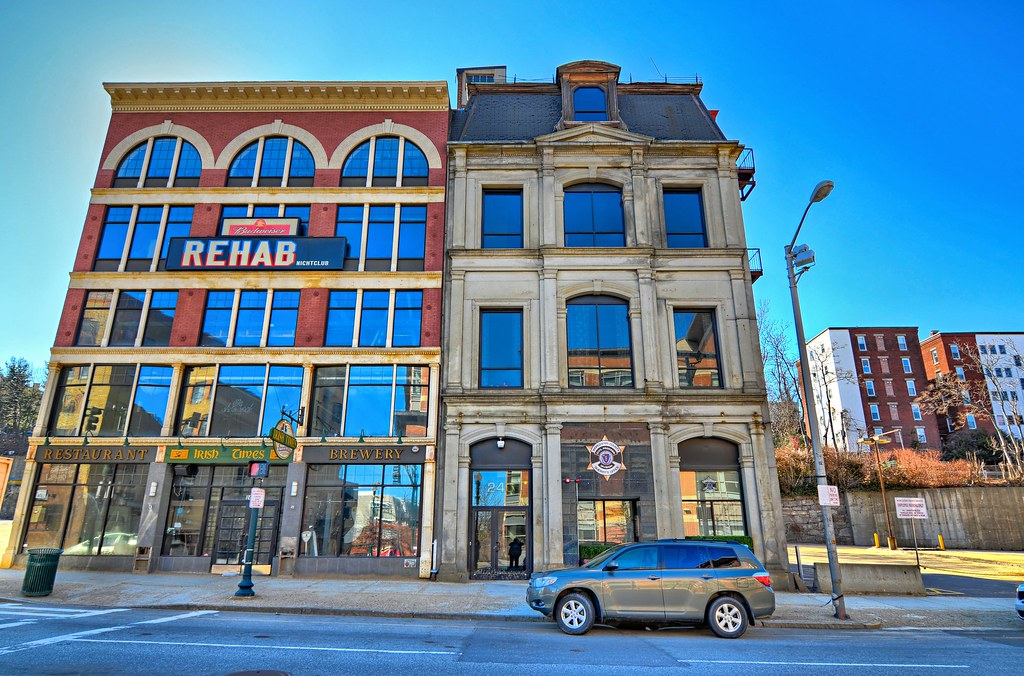
Between the State Mutual and the Elwood joint lies the Thule Building built in 1905. This was a connection to the developing Swedish business community in Worcester. It now houses a printing company and the Worcester Law Office. It is right across the street from the new Court House.
I drove up and down the street looking for the Gilman Block. Back and forth, checking numbers on the buildings and finally figured out it was razed for the new Court House. Actually the architects and builders incorporated some of the old Gilman Block into the structure of the new Court House.
I always knew Worcester was a hilly place, but didn't realize how steep some of those hills were. The Tilley Raymond house sits about 3/4 the way up George St. I mean straight up. I was glad I was not on the bike today. I parked up at the top and walked down. I passed this fellow coming up the street and said "now that's a hike", he said "no kiddin'" The Raymond house (his name should be the other way around, Raymond Tilley and not Tilley Raymond) was built in 1847 and owned by a carpenter. The house has been apartments since Whitcomb purchased the property in 1898.
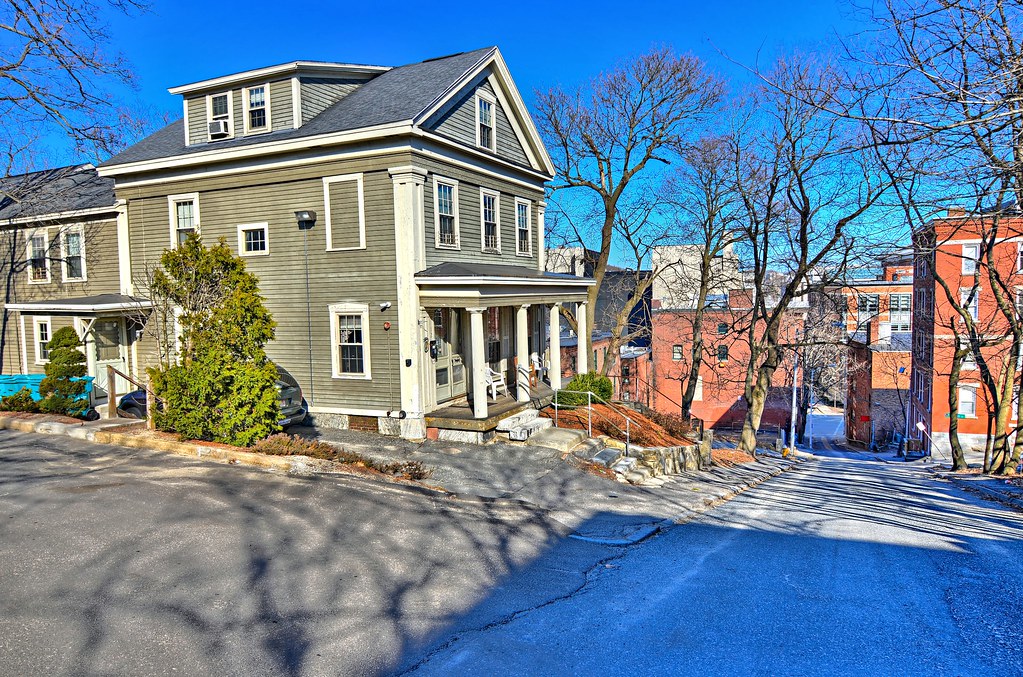
The next 2 houses sit on Harvard St and good examples of Victorian architecture. The first one was built in 1867 and the second 1887
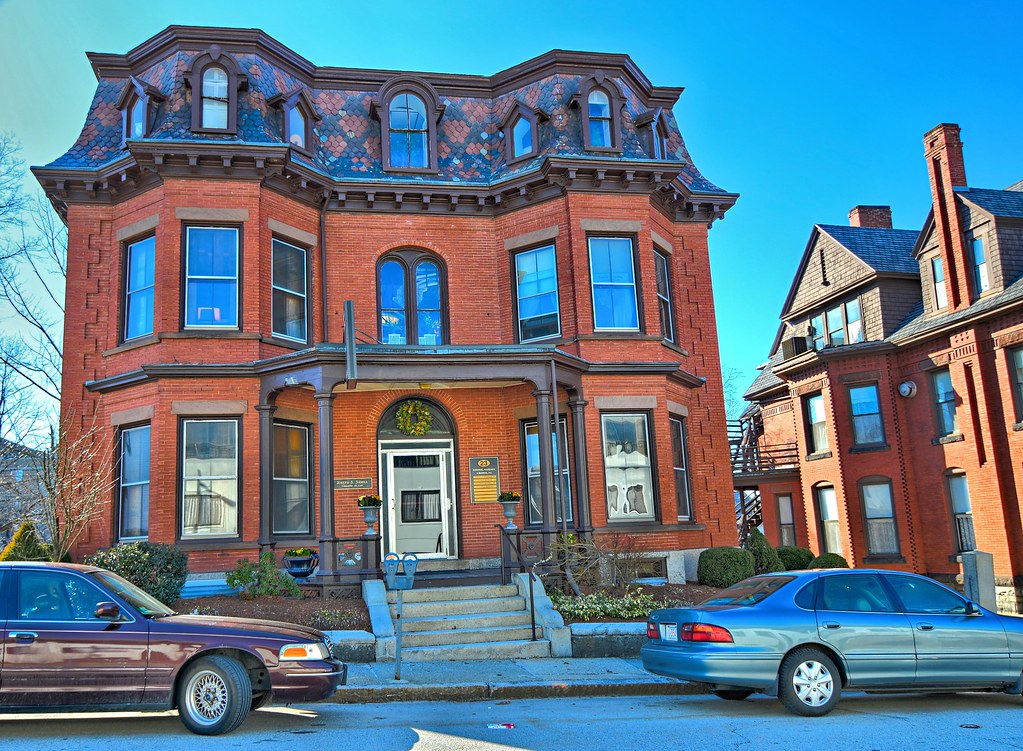
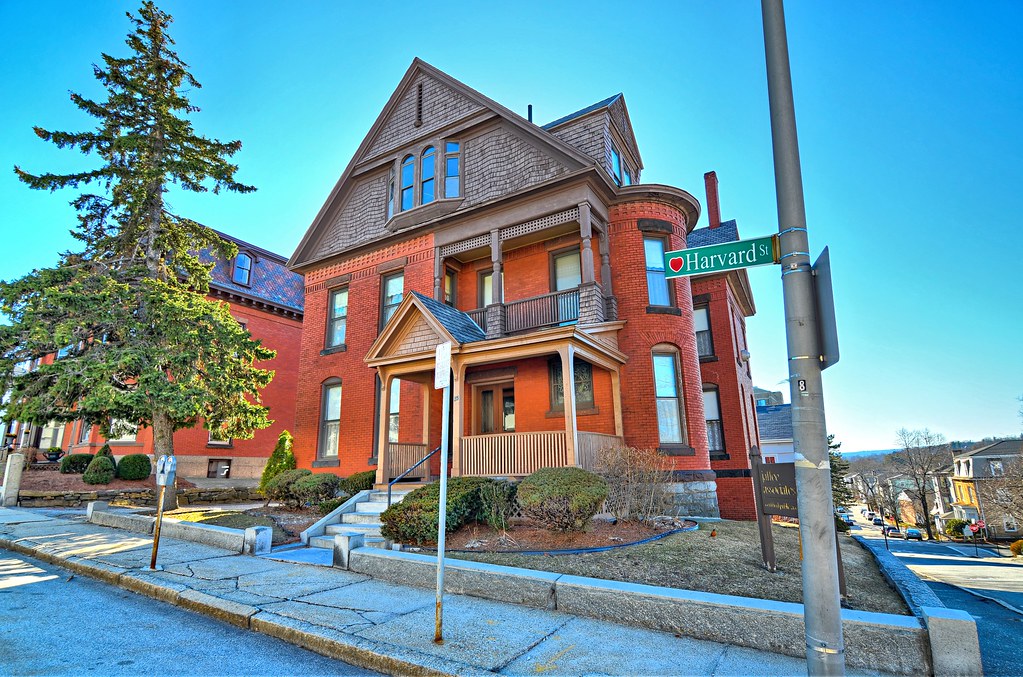
The Copeland house was built in 1847 and is an elaborate Greek Revival style residence. Copeland worked as a tool maker in various places until he started his own company. He claims to have made the first iron planning machine ever used.
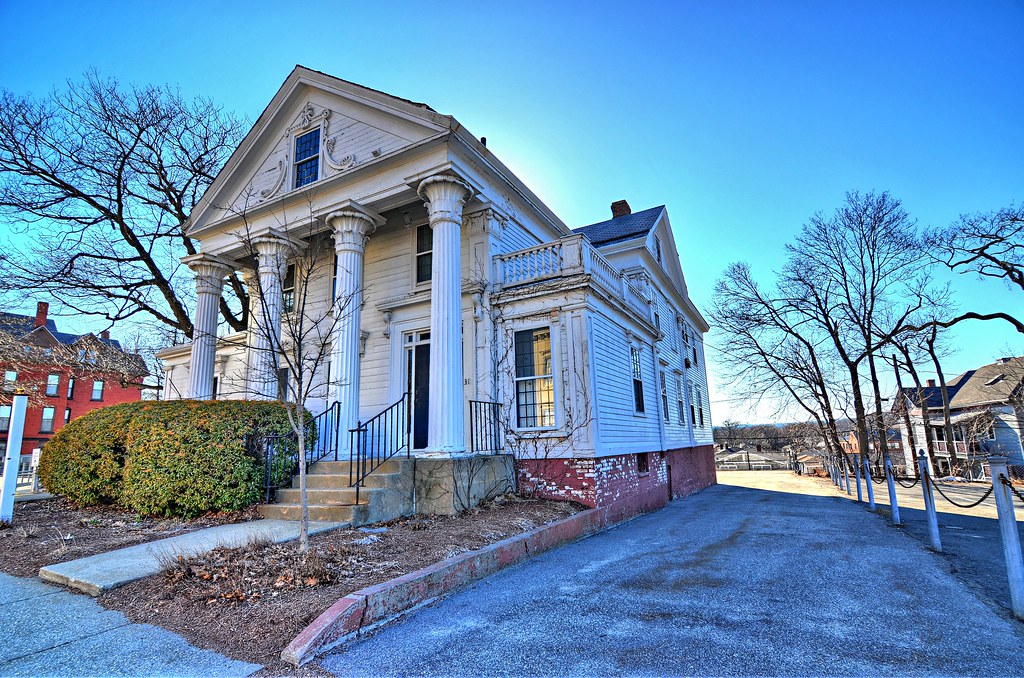
Henry Goulding built this mansion in 1850 as a retirement gift to himself. He made his money in the woolen machinery business. His heirs sold the house to the Swedish Lutheran Church, who expanded it for the aged.
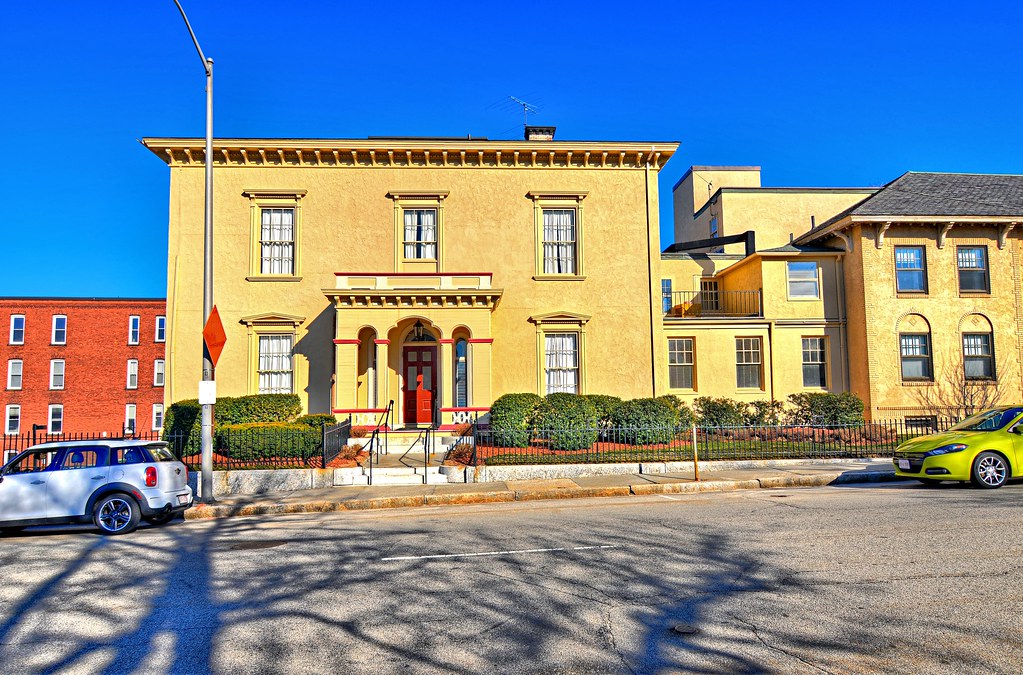
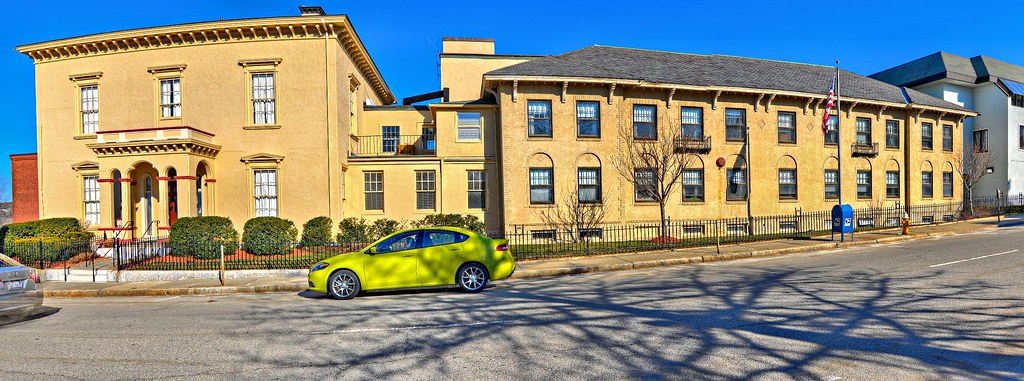
The Whitcomb joint was built in 1879 and really is quite large. Whitcomb owned the Bay State Envelope Company. In 1895 Worcester produced 33% of the stapled envelopes in the US and Whitcomb got his share.
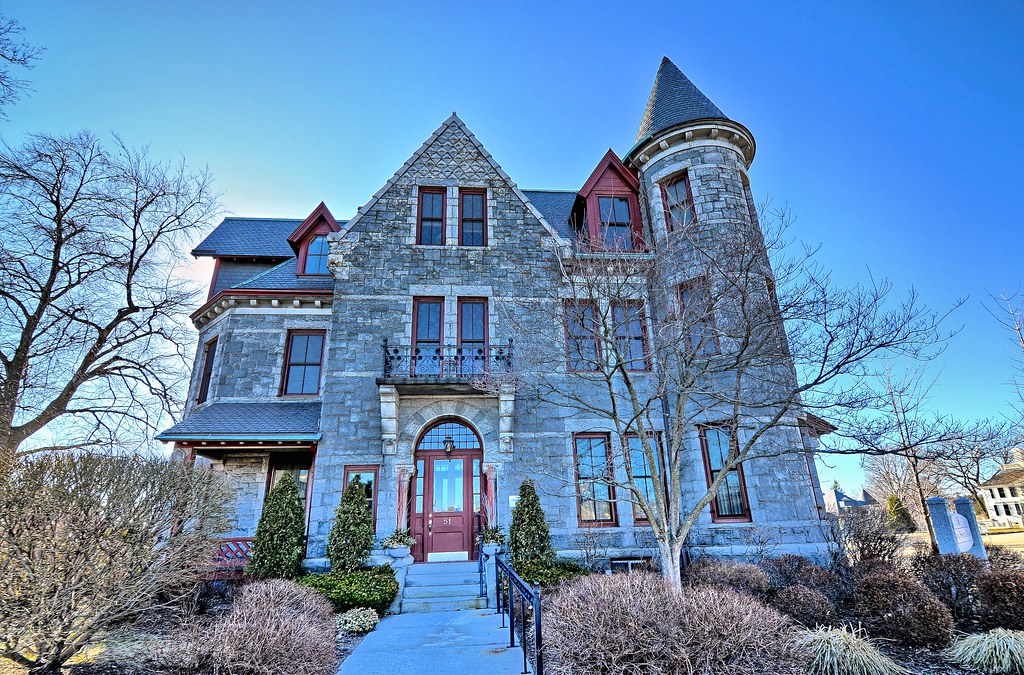
The Salisbury's, I, II and III were quite instrumental in the development of Worcester. I lived in the mansion to the left, II and III lived in the place to the right.
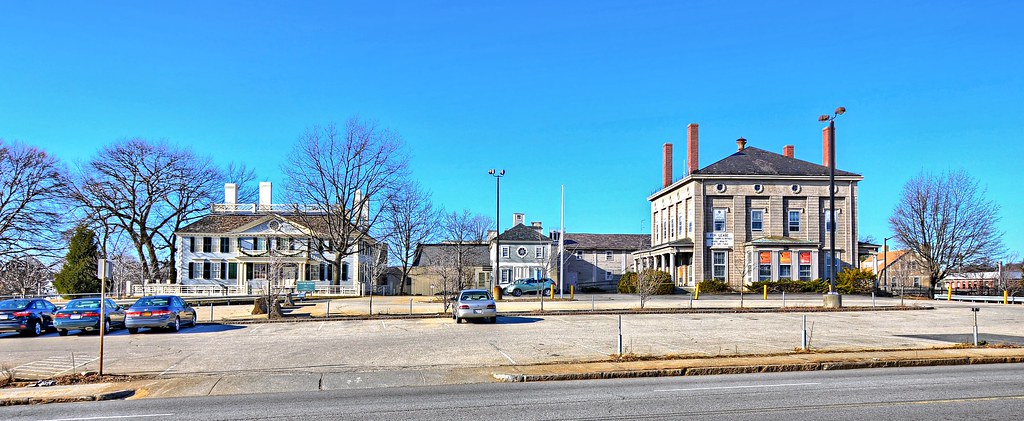
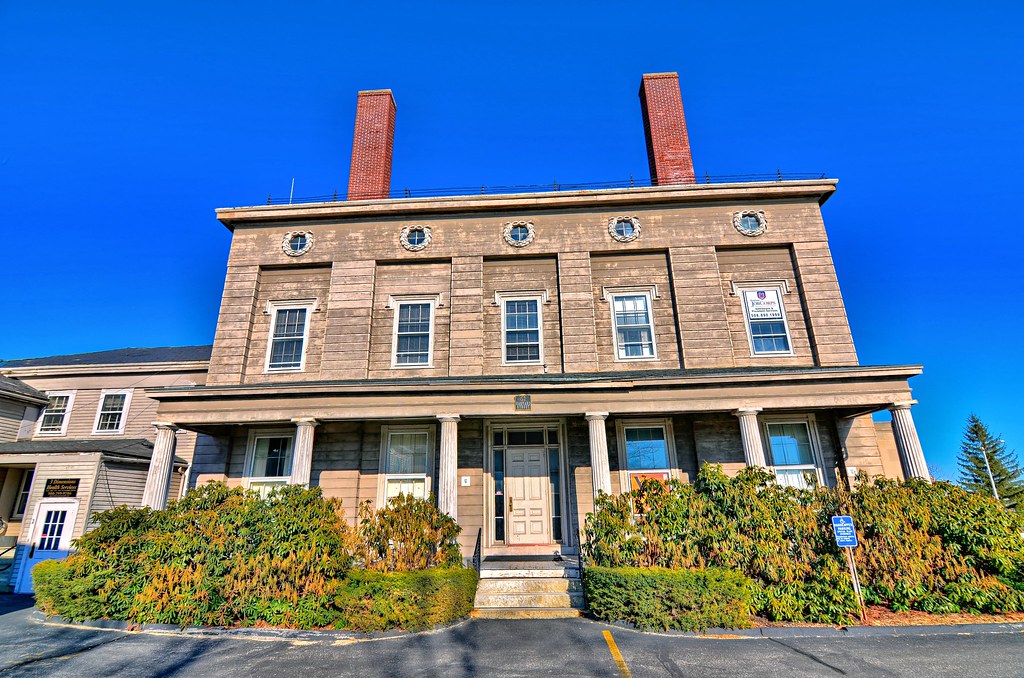
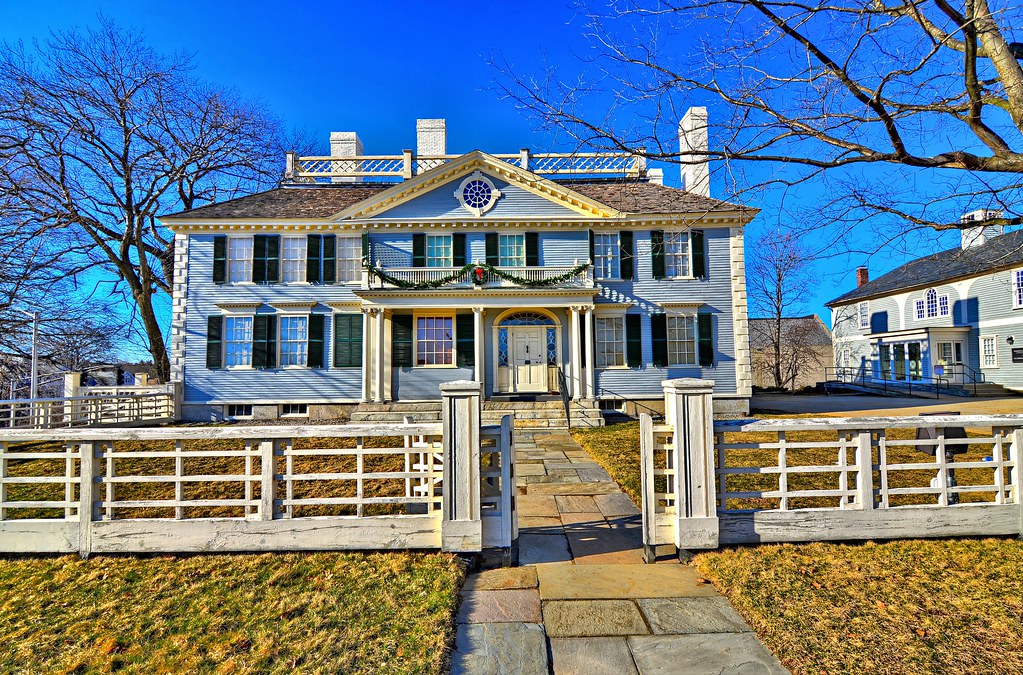
The Salisbury's lived right across the street from Memorial Auditorium. They owned the land that it was built on. The backside and another entrance.
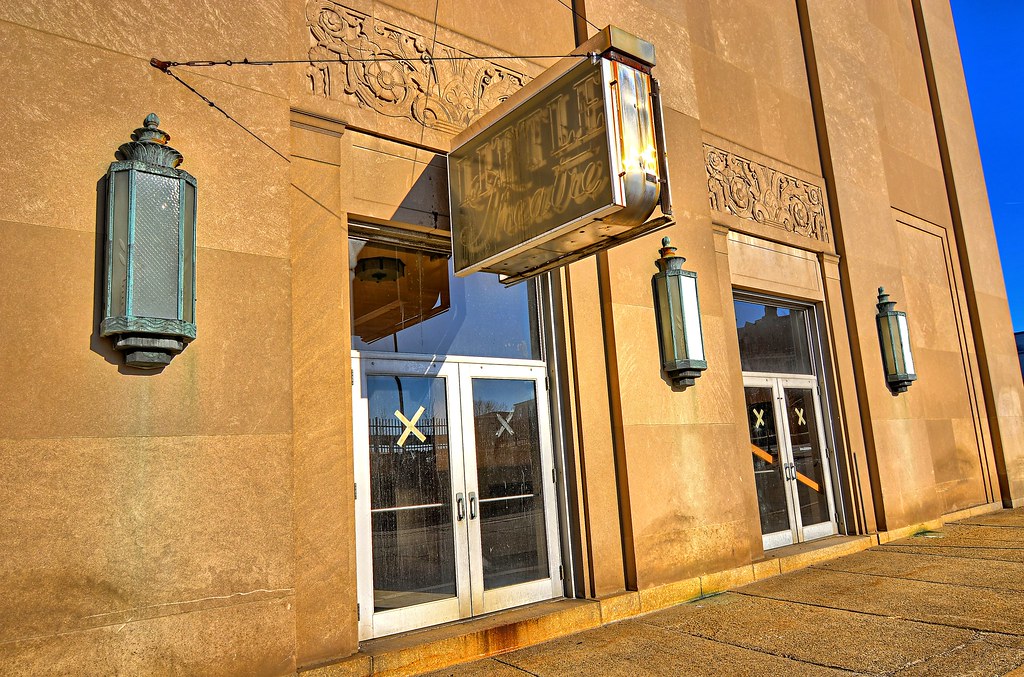
The last 2 places are early residences of Worcester. The first place is the John Riordan 3 Decker home. There are a ton of these in Worcester on the Register. It was one of the earliest examples of 3 Deckers in Worcester. Built in 1888 and close to the factories of downtown Worcester.
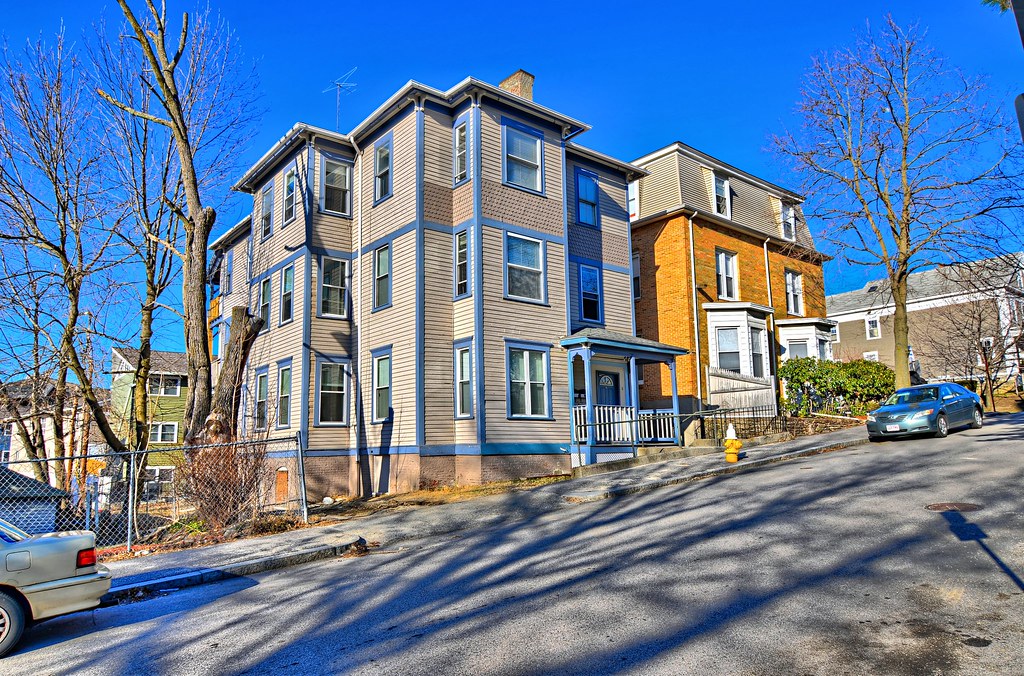
This house was owned by Goulding (as noted above). He moved this house to the back of the lot, so he could build his mansion.
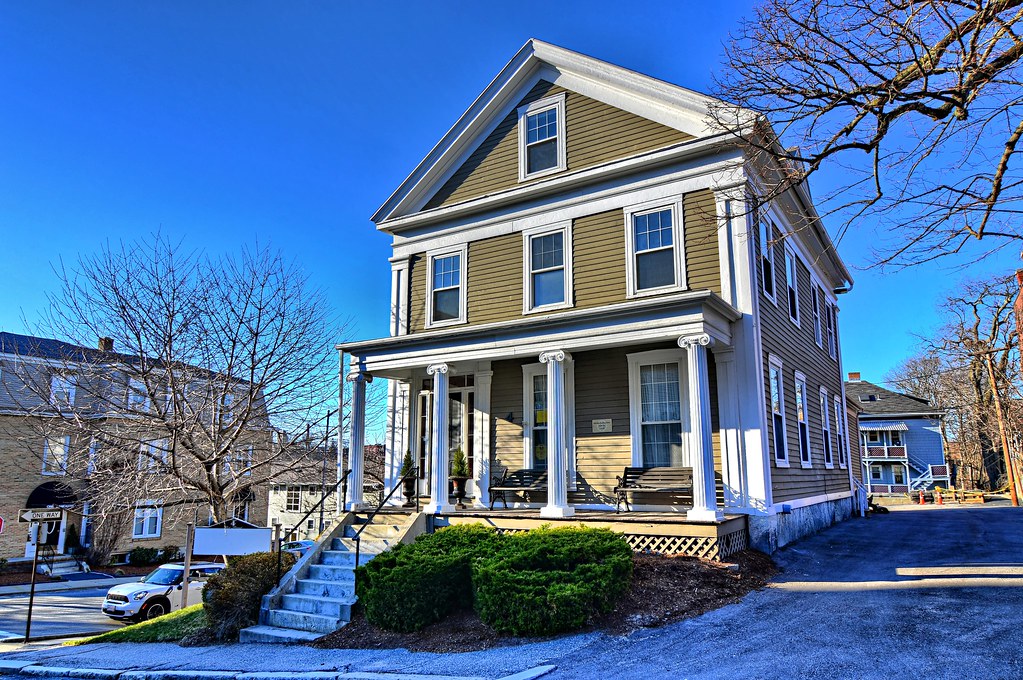
The area covered today.
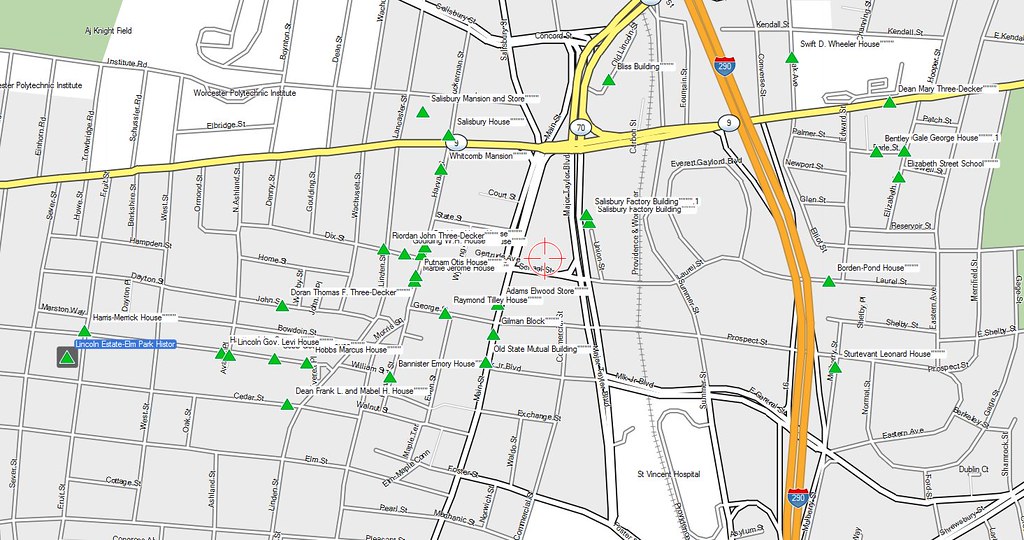
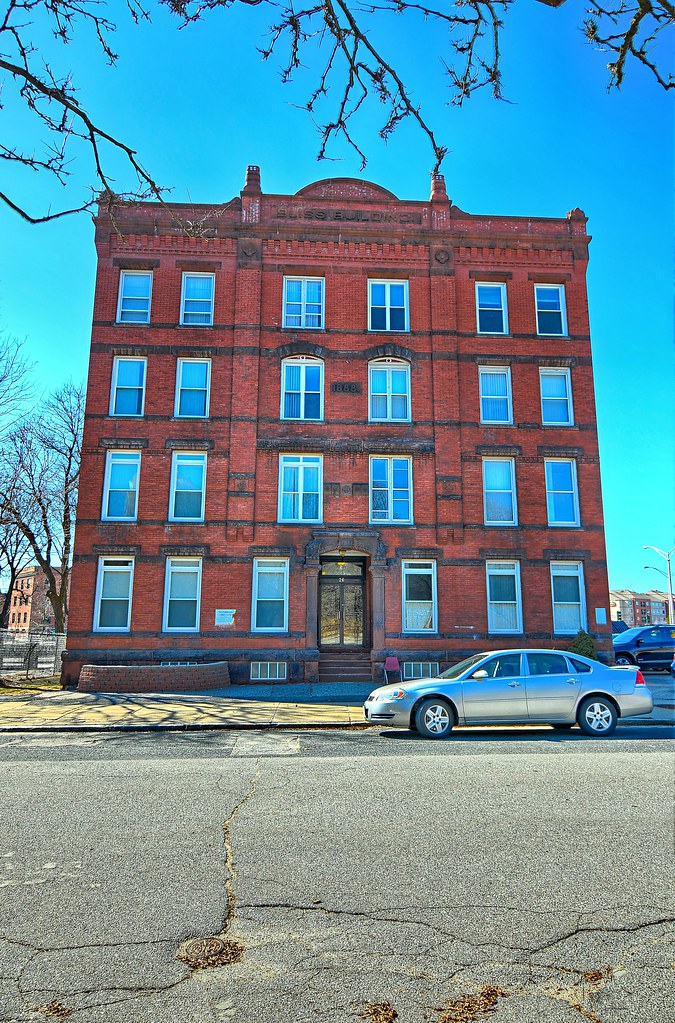
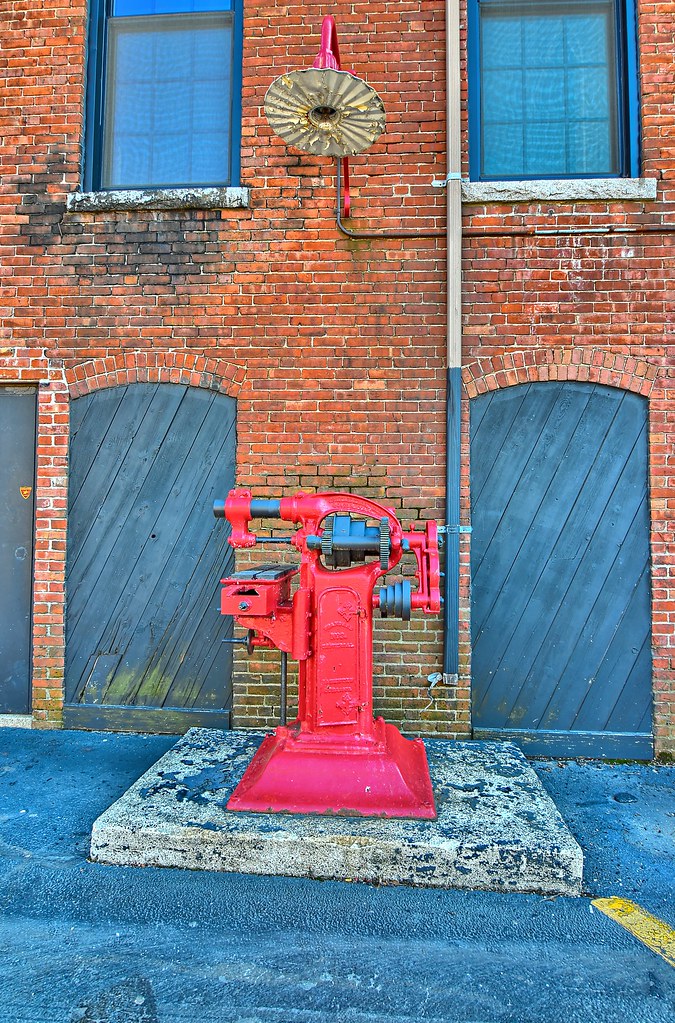
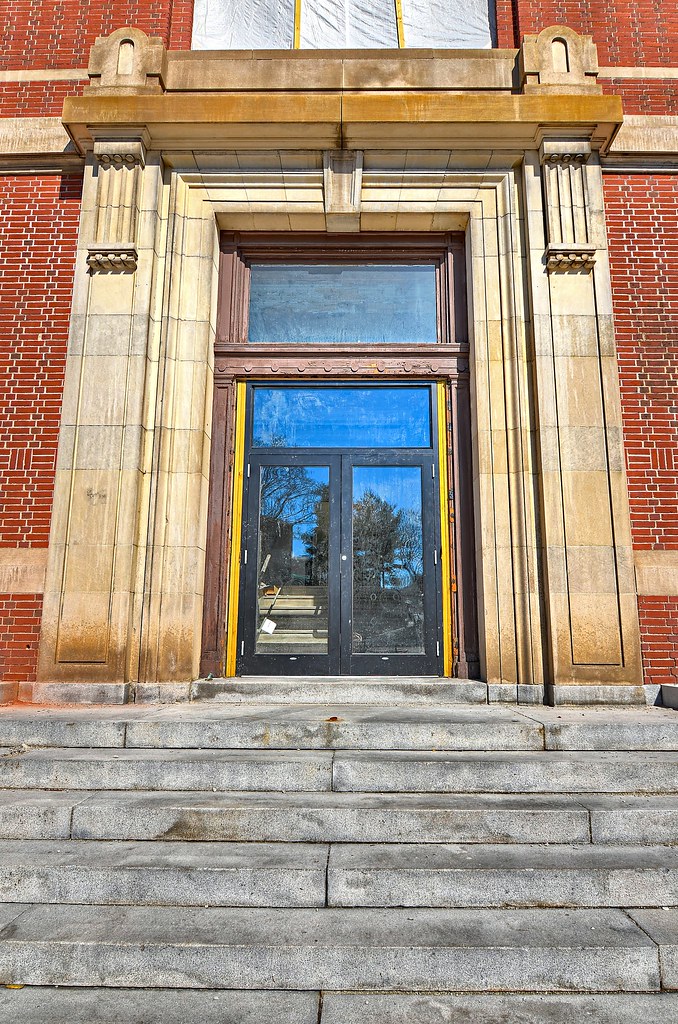
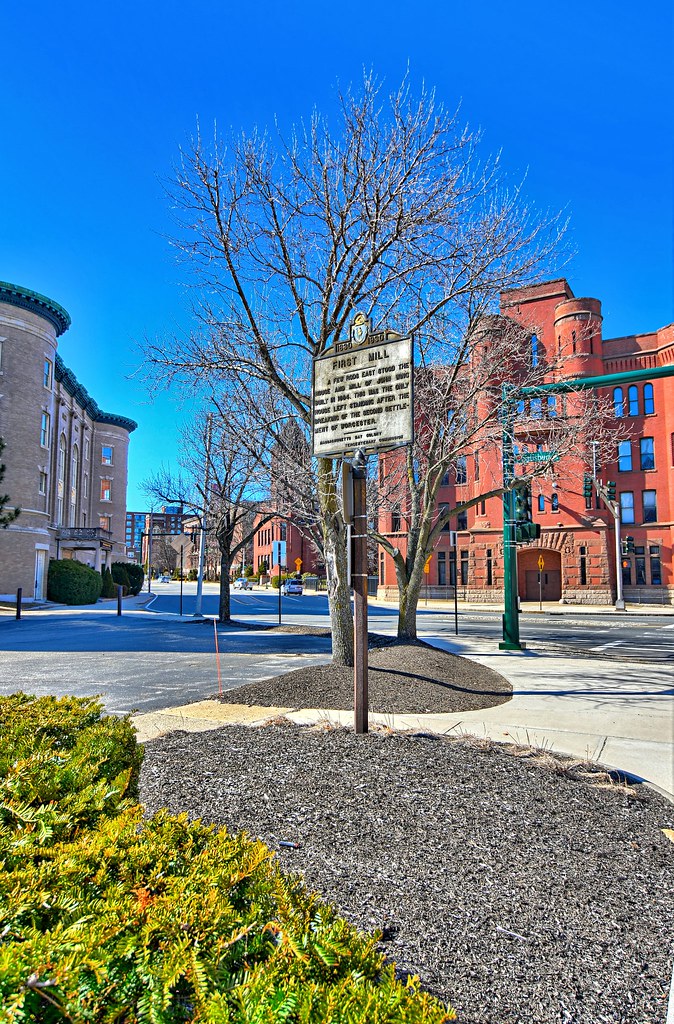
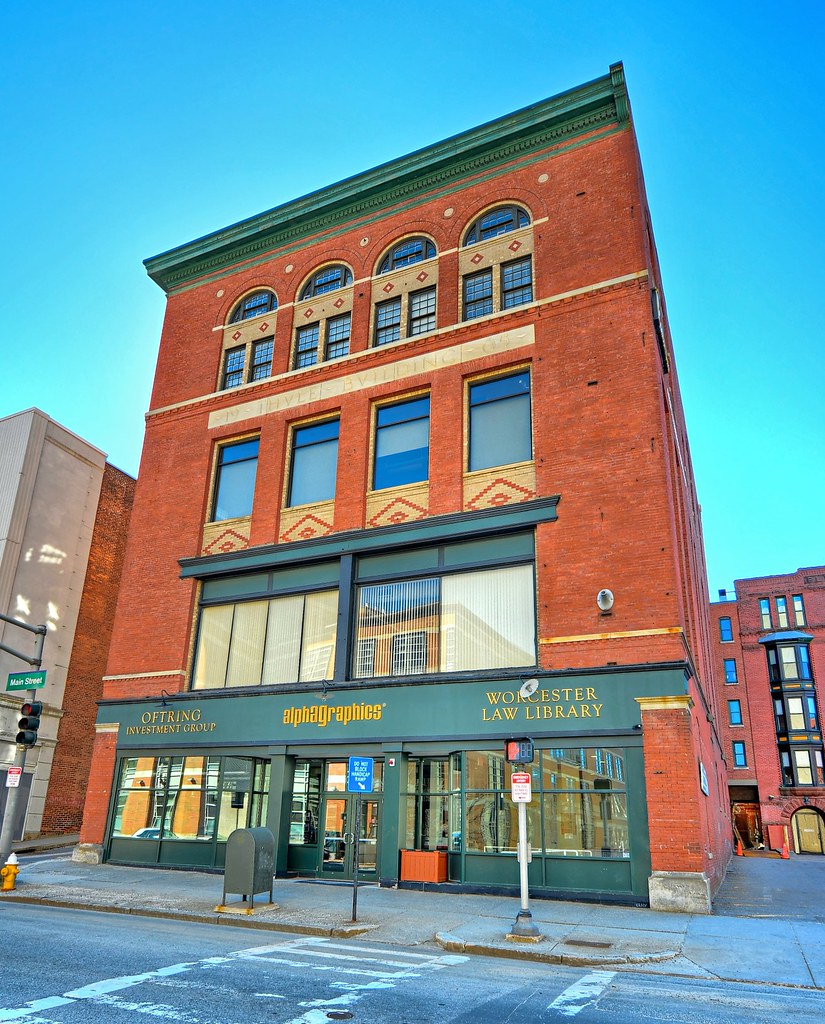
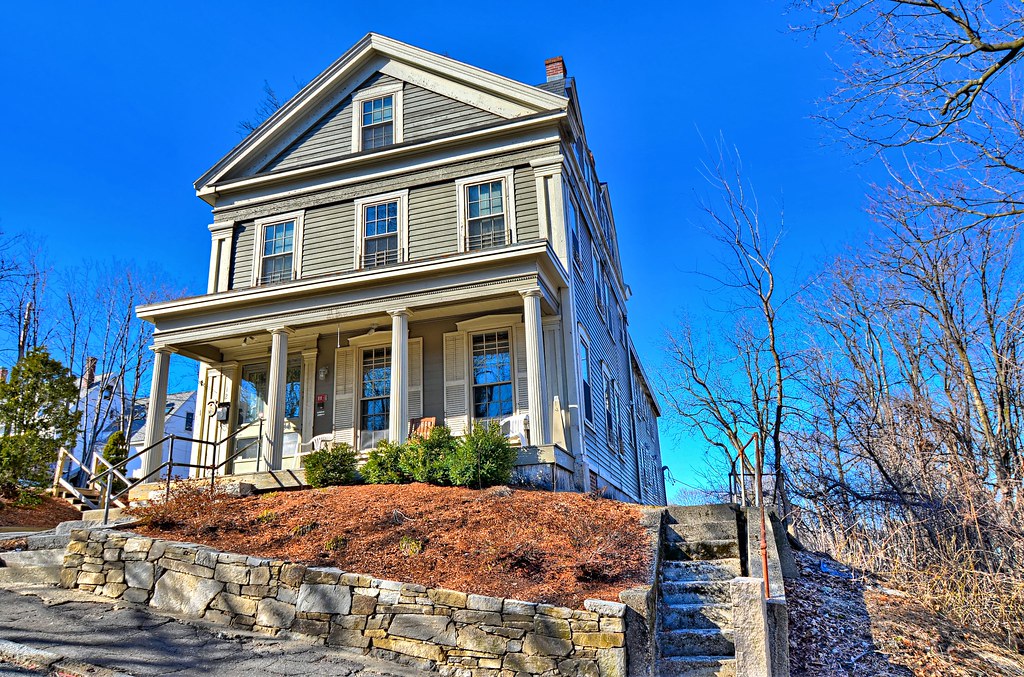
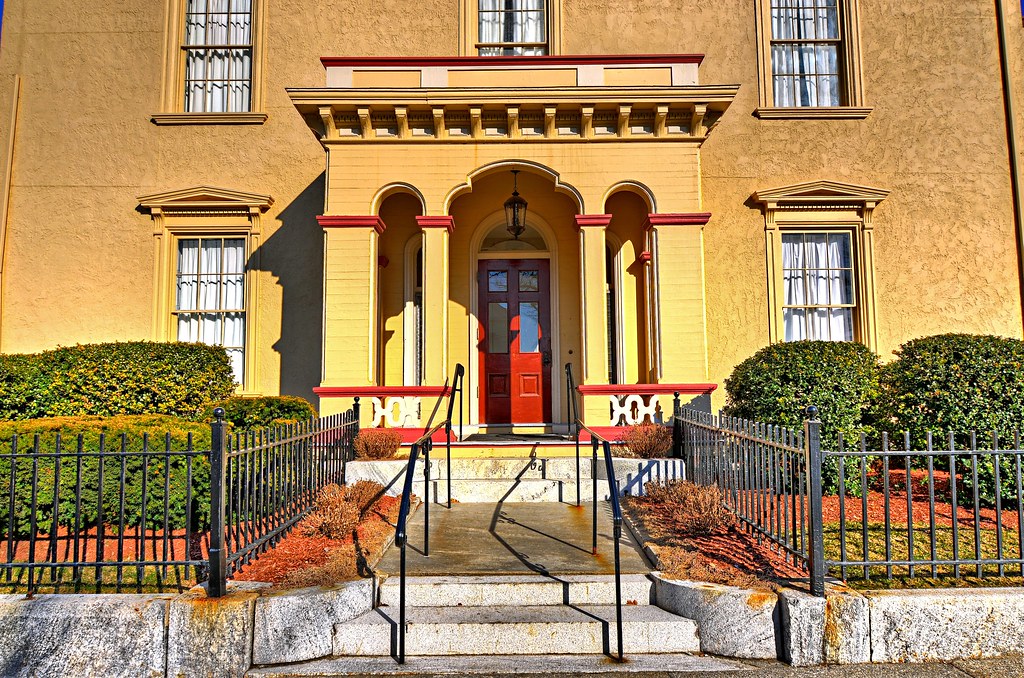
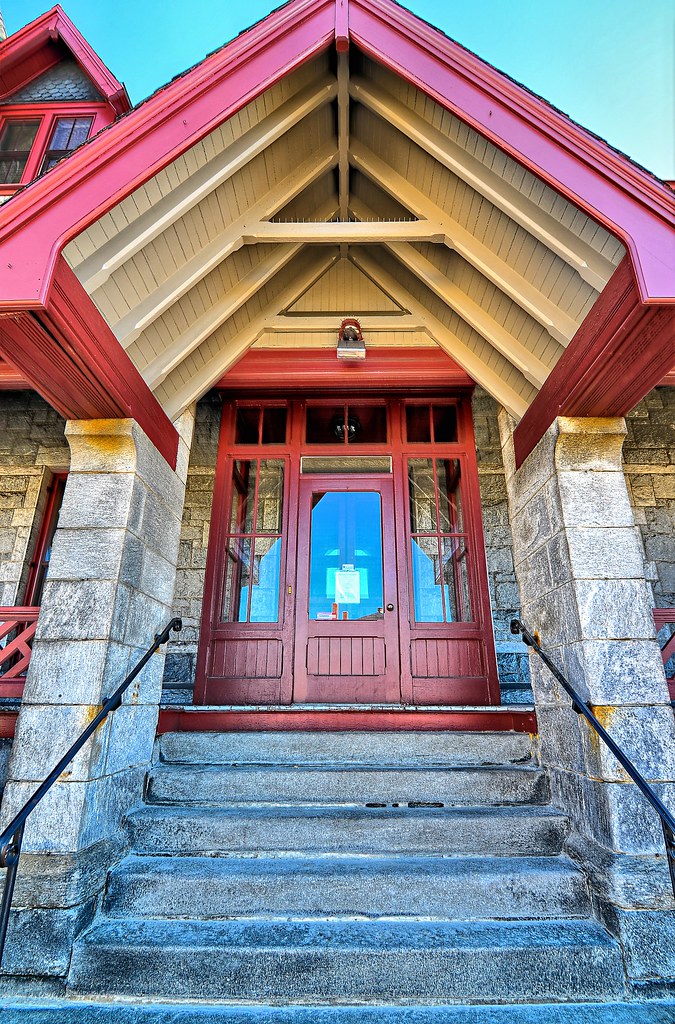
No comments:
Post a Comment